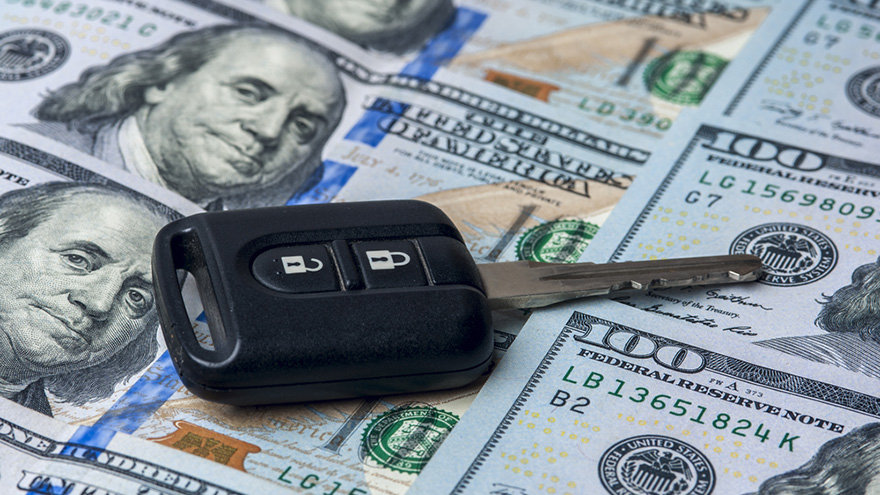KBRA spots ‘solid’ credit performance in July

By subscribing, you agree to receive communications from Auto Remarketing and our partners in accordance with our Privacy Policy. We may share your information with select partners and sponsors who may contact you about their products and services. You may unsubscribe at any time.
NEW YORK –
Kroll Bond Rating Agency (KBRA) found more evidence that federal assistance helped the auto-finance industry since August remittance reports showed what analysts called “solid” credit performance during the July collection period.
The firm’s newest report dissecting information from the auto ABS market released on Tuesday showed that early stage delinquencies — 30 to 59 days past due — increased 5 basis points month-over-month, but fell 42 basis points year-over-year to 0.80% in the KBRA Prime Auto Loan Index.
Meanwhile, analysts indicated the percentage of contract holders in the early stages of delinquency in the KBRA Non-Prime Auto Loan Index stayed at 5.91%. That level is months month-over-month but 367 basis points lower year-over-year.
KBRA reported that later-stage delinquencies — 60 days or more past due — dipped modestly month in both indices and remained “well below” the levels seen at this time last year, according to analysts, who added, “lower delinquencies in recent months resulted in fewer loan defaults that, coupled with a strong used-car market, have helped drive further declines in annualized net loss rates within both indices.”
KBRA elaborated how what federal intervention to help consumers negatively impacted by the coronavirus pandemic did to the latest trends. Analysts also discussed what movements might be ahead as more time passes since the expiration of assistance programs and other initiatives.
“We believe enhanced unemployment benefits and federal stimulus checks have helped borrowers catch up or stay current on their auto loan payments,” analysts said in their report. “The large percentage of borrowers receiving payment relief in recent months (in the form of loan extensions) has also likely contributed to keeping delinquency rates subdued.
Subscribe to Auto Remarketing to stay informed and stay ahead.
By subscribing, you agree to receive communications from Auto Remarketing and our partners in accordance with our Privacy Policy. We may share your information with select partners and sponsors who may contact you about their products and services. You may unsubscribe at any time.
“However, we expect delinquencies to climb in the coming months as enhanced unemployment benefits expired in July and borrowers began rolling off payment holidays over the last few months,” KBRA continued.
“Further stimulus, which at this point looks unlikely before the election, and a continuing labor market recovery could help soften the blow, but we still expect delinquency rates to rise through the latter part of the year given the ongoing impact of the pandemic across the country, leading to elevated charge-off rates and annualized net losses by year end and into 2021,” analysts went on to say.
KBRA wrapped up its latest analysis of August’s asset-level disclosures by mentioning the information showed mixed credit metrics during the July collection period.
Analysts discovered the percentage of prime and non-prime contract holders who went from 30 days or more delinquent to current dropped 116 basis points to 33.9% and 290 basis points to 33%, respectively, versus the previous month. KBRA pointed out the August readings are still slightly above their pre-pandemic levels.
Meanwhile, KBRA also found that the percentage of contract holders who rolled from 60 days or more past due to charge-off remained relatively flat in prime pools, rising 15 basis points to 17.3%.
However, this percentage decreased 200 basis points to 17.5% in nonprime pools; again “well below” pre-pandemic levels, according to the firm.


